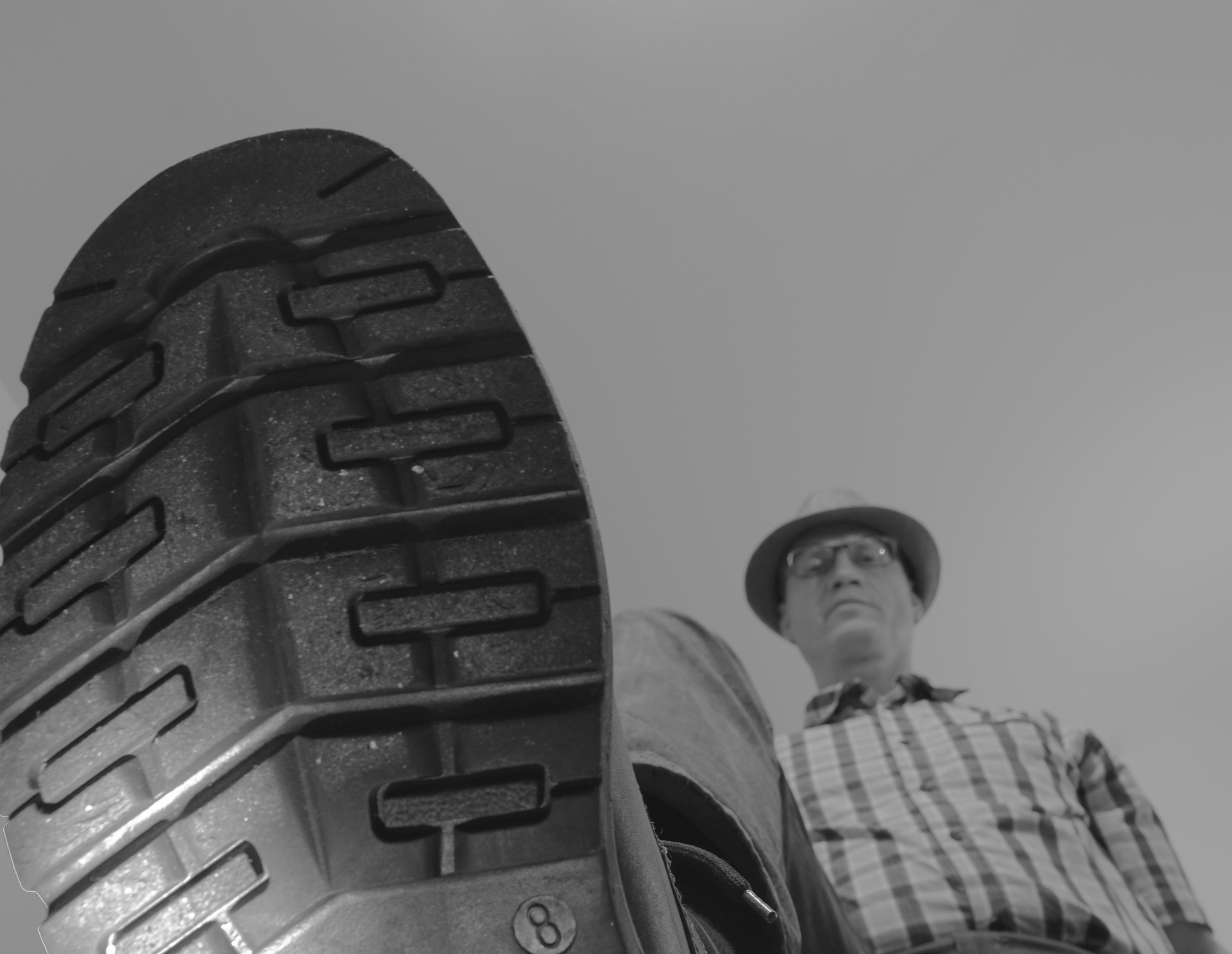
Life isn’t fair, it’s never been fair and it’s not meant to be fair. So why do we expect to be treated fairly in life?
This is one of the greatest lessons that a person can ever learn. That life isn’t fair.
How can it possibly be fair when everyone’s circumstances differ so much from person to person, place to place?
Think about it, you didn’t choose to be born, you didn’t pick your parents, you didn’t pick your life circumstances and you didn’t pick the people you went to school with and you don’t get to pick the people that you work with or whether those working relations will even be good, bad, indifferent or hellish. You might be the boss, in charge of a whole company, but you’ll have to work with the bosses of other companies in order to get anything done, and they might be insufferable.
Your family might be arseholes, your friends might be idiots!
Your parents are the product of Darwinian evolution, in other words, they’ve outcompeted everyone else to make you as indeed so did their parents and grandparents and great-grandparents ad-infinitum. Likewise so did your friends, they’ve outcompeted everyone else to become close to you, offering you something that you can’t get anywhere else.
“When you wake up in the morning, tell yourself: the people I deal with today will be meddling, ungrateful, arrogant, dishonest, jealous and surly. They are like this because they can’t tell good from evil. But I have seen the beauty of good, and the ugliness of evil, and have recognized that the wrongdoer has a nature related to my own – not of the same blood and birth, but the same mind, and possessing a share of the divine. And so none of them can hurt me. No one can implicate me in ugliness. Nor can I feel angry at my relative, or hate him. We were born to work together like feet, hands and eyes, like the two rows of teeth, upper and lower. To obstruct each other is unnatural. To feel anger at someone, to turn your back on him: these are unnatural.”
Marcus Aurelius – Meditations
If the world was fair there wouldn’t have been any need for evolution in the first place. Without adversity, there can be no growth.
I remember one of my old science teachers in comprehensive school telling me that an experiment took place in which some aquatic microscopic life was introduced into two tanks. Tank One had perfect conditions, the right temperature, the correct light levels and plenty of nutrients. Tank Two had just one of those parameters adjusted slightly, a tiny bit less light or heat or not quite enough nutrients to go around.
Which tank do you think the life flourished in?
Was it Tank No 1 in which the conditions were perfect?
Was it Tank No 2 in which some adversity was manufactured within the close confines of the experiment?
“Every living organism is fulfilled when it follows the right path for its own nature.”
Marcus Aurelius, Meditations
In Tank No 1, everything died, life didn’t even get started.
In Tank No 2, life not only got started but flourished, the results were much better than expected.
The lesson that we can take from this is that you have to pick up your cross and bear it in the best Judeo-Christian tradition that you can muster. You have to embrace your adversity and understand that those bad actors in your life have no choice to do what they do. That the universe began in fire, and all things have unfurled deterministically ever since. That one action leads to another and another and yet another ad-infinitum. This is something that the Stoics called ‘Providence,’ which is a rational way of looking at fate.
In other words, everyone is caught up in the actions of their ancestors, having very little freedom to change the course of their lives. Like a dog being walked on a lead, he must go wherever his master chooses.
The true stoic however will see that within this very narrow path of being tied to his master the dog can choose either to resist the lead and have a pretty unpleasant and stressful walk tugging at his bondage, or he can happily choose to follow him wherever he goes, at which point the stress vanishes. The lead becomes slack and the dog has the freedom to walk enjoyably alongside his master who instead of being a tyrant pulling the dog from place to place, becomes a good friend instead, benevolent in fact, leading the dog to new places and greater adventures.
The fact of the walk hasn’t changed, but the dog’s attitude has. The dog has the freedom to enjoy his walk and give it his ‘assent,’ and make the best of it, just like us when we deal with whatever masters make their presence felt in our daily lives.
The wise man makes the best of a bad deal as often as he can.
“You have power over your mind, not outside events. Realise this, and you will find strength.”
Marcus Aurelius – Meditations.
The wiser man understands that there’s no such thing as a good or a bad deal because only thinking makes it so.
“There is nothing either good or bad but thinking makes it so.’
William Shakespeare – Hamlet.
Shakespeare was a shameless thief, borrowing heavily from Seneca who he saw as more of a playwright and less of a philosopher.
“Reason shows us there is nothing either good or bad but thinking makes it so.”
Seneca – Letters from a Stoic
This doesn’t mean that we shouldn’t strive to make the best of our circumstances, quite the opposite in fact. It just simply illustrates that all things are within our mental power. That by flicking a mental switch what was once insufferable now becomes bearable. We can choose to be happy at any time we want. We do not need mansions and money, as enjoyable as they are these things are in short supply and not for everyone. If it’s within the gift of Providence, you might get one of your own, if it’s not then so be it. These things were ordained at the beginning of time, so there’s no need to be envious of any man. What the universe has gifted him with or subtracted from him is not of any concern, only your own providence is of interest to you. It’s not like he has any other real choice but to go along with it.
Only the sage is immune from the effects of providence. The sage is a man who is so wise as to understand all of the possible future ramifications of his actions. Only the sage is truly free, hence wisdom is it’s own reward and the greatest of all possessions.
“Dwell on the beauty of life. Watch the stars, and see yourself running with them.”
Marcus Aurelius, Meditations

